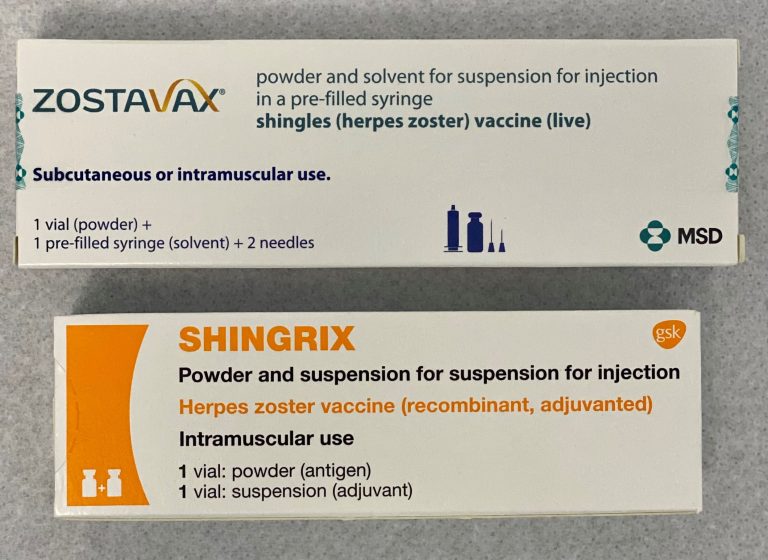GSK plc has announced that the Center for Drug Evaluation (CDE) of the National Medical Products Administration (NMPA) in China has granted Breakthrough Therapy Designation (BTD) for Blenrep (belantamab mafodotin) combined with bortezomib plus dexamethasone (BorDex) for the treatment of relapsed or refractory multiple myeloma. NMPA BTD is intended to expedite the development of therapies for serious and life-threatening diseases for which there are no existing treatments or where initial evidence has shown an improvement in patient outcomes over available treatment options.[2]
- Granted based on results from phase III head-to-head DREAMM-7 trial
- Designation expedites development of investigational drugs with potential for substantial improvement over available therapies
- Novel therapies needed in multiple myeloma as patients typically relapse or stop responding to initial treatments[1]
Hesham Abdullah, Senior Vice President, Global Head Oncology, R&D, GSK, said: “Breakthrough Therapy Designation in China underscores the potential for Blenrep to redefine outcomes for patients with multiple myeloma at or after their first relapse. We look forward to continuing to work with the health authority in China and others worldwide to bring Blenrep-based combinations to patients as expeditiously as possible.”
BTD was granted based on the interim results of the phase III head-to-head DREAMM-7 trial, which met its primary endpoint, showing statistically significant and clinically meaningful improvements in progression-free survival (PFS) for belantamab mafodotin combined with BorDex compared to daratumumab plus BorDex in relapsed or refractory multiple myeloma.
A positive overall survival (OS) trend was observed but was not statistically significant at the time of interim analysis. Follow-up for OS continues. Results also showed clinically meaningful improvements across all other secondary efficacy endpoints, including deeper and more durable responses compared to the standard of care combinations. The safety and tolerability profile of the belantamab mafodotin combination in the DREAMM-7 trial was broadly consistent with the known profiles of the individual agents.
Multiple myeloma is a growing health concern in China with approximately 30,000 new cases each year[3]. The incidence in China has doubled and mortality has increased 1.5-fold in the past three decades.[4] This underscores the need for novel, efficacious treatment options for patients in China, particularly those with progressing disease that has become resistant to the current standard of care.
GSK in oncology
Oncology is an emerging therapeutic area for GSK where we are committed to maximising patient survival with a current focus on haematologic malignancies, gynaecologic cancers, and other solid tumours through breakthroughs in immuno-oncology and tumour-cell targeting therapies.
[1] Moreau P., Kumar S, San Miguel J, et al. Treatment of relapsed and refractory multiple myeloma: recommendations from the International Myeloma Working Group. The Lancet Oncology, Volume 22, Issue 3, e105-e118.doi:10.1016/S1470-2045(20)30756-7.
[2] China Drug Registration Regulation. Available at: http://www.gov.cn/gongbao/content/2020/content_5512563.htm. Accessed 12 September 2024.
[3] Global Cancer Observatory. International Agency for Research on Cancer. World Health Organization. China fact sheet. Available at: https://gco.iarc.who.int/media/globocan/factsheets/populations/160-china-fact-sheet.pdf. Accessed 12 September 2024.
[4] Liu J, Liu W, Mi L, et al. Burden of multiple myeloma in China: an analysis of the Global Burden of Disease, Injuries, and Risk Factors Study 2019. Chin Med J (Engl). 2023;136(23):2834-2838. Published 2023 Dec 5. doi:10.1097/CM9.0000000000002600.









































